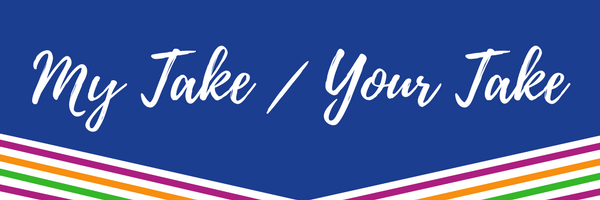By Janine M. Schall, University of Texas Rio Grande Valley
Latin American and Latinx people have a long history of fighting to make their world a better place. In the face of oppression, discrimination, or inequality leaders have emerged to work for change across generations. Sometimes they do so by working within the system as a political or military leader but sometimes they seek change by working outside the system to disrupt institutionalized injustice.
This collection contains 12 picturebook biographies of Latinx and Latin American activists, politicians, and freedom fighters working for political freedom, better working conditions, environmental justice and more. Some of these people are beloved by all, while others have controversial histories. While the causes, movements, and actions vary, each biography depicts someone passionate about their cause and focused on improving their community. Continue reading



